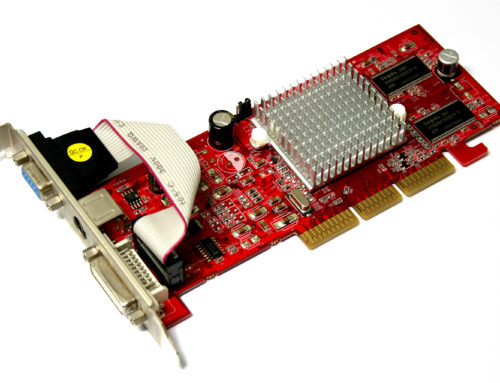The question that the Patent Attorney for the Defense raised before the Court is whether the particular computer-implemented scheme for mitigating “settlement risk” by using a third-party intermediary are patent eligible pursuant to 35 U.S.C. § 101, or are instead drawn to a patent-ineligible abstract idea. The Court held that merely requiring generic computer implementation fails to transform the abstract idea into a patent-eligible invention.
The District Court found the claims to be ineligible because the patent claims were directed to “employing a neutral intermediary to facilitate simultaneous exchange of obligations in order to minimize risk.”
To understand what is patent eligible subject matter, one must first look at Section 101 of the Patent Act. The act provides:
“Whoever invents or discovers any new and useful process, machine, manufacture, or composition of matter, or any new and useful improvement thereof, may obtain a patent therefor, subject to the conditions and requirements of this title.” 35 U.S.C. § 101.
An established principle of patent law has long held that laws of nature, natural phenomena, and abstract ideas do not rise to the level of patent eligible subject matter. In fact, this is one of the oldest principles in United States law, dating back to over 150 years. The law was formed in this manner to prevent monopolization of patent rights that would impede on progress and innovation. For example, patenting of a mathematical equation would significantly impede the progress of math and science.
But the question then becomes what is a law of nature, natural phenomena, and an abstract idea? The Supreme Court has established a two part test for determining whether an idea is an abstract idea or patent eligible subject matter.
The Court determined that the third party hedging is an abstract idea beyond the scope of Section 101. In Mayo, the Court held that an abstract idea must include additional features to ensure that the claim is more than a drafting effort designed to monopolize the abstract idea. The Court found that the words “apply it” were not enough to transform the abstract idea into patent-eligible subject matter.
It is important to distinguish patenting a mathematical equation versus patenting a process that that employs a mathematical equation. When additional steps are present, the process is transformed into an innovative application of the mathematical formula. In the instant case, the Court held that the method claims recite only an abstract idea implemented on a generic computer. Of particular note, the system and method claims added nothing of substance to the underlying abstract idea and therefore was patent ineligible pursuant to 35 U.S.C. § 101.
Case: Alice Corp. Pty. Ltd. v. CLS Bank Intern., 134 S. Ct. 2347, 573 U.S., 189 L. Ed. 2d 296 (2014).









Recent Comments